Sports Nutrition for Cycling and Endurance Events
Aug 22, 2019Scott D. Kuiper, M.D.
About the Author:Scott D. Kuiper, M.D. is an orthopaedic surgeon for Louisville Orthopaedic Clinic and Sports Rehab Center PSC in Louisville, Kentucky. He sub-specializes in Sports Medicine and athletic related injuries. Aside from his professional accomplishments, Dr. Kuiper is a two time USA Cycling Master’s National Champion.
Introduction
As an orthopedic surgeon and competitive cyclist I’m often asked questions about how to get started with a training program for recreational riding and racing. Most of what I’m going to tell you was not learned in medical school but from my own personal experiences training and racing as a member of the Texas Roadhouse Cycling Team: A team consisting of ex-professional, elite, and masters cyclists (http://texasroadhousecycling.com/). Proper hydration and nutrition are of paramount importance for enjoying the cycling experience and maximizing your performance.
Rookie Mistakes
When I first started riding about 10 years ago, I went on a hard 15-mile ride in 90-degree weather without drinking much water and ended up under a tree feeling clammy, nauseated, and fatigued. I painfully learned that I needed a plan for hydration and nutrition if I was going to ride regularly. Since a number of you reading this may be interested in cycling or training for an event such as the Tour de Lou, a century ride, or other endurance events, let me give you some tips on avoiding this scenario and getting the most out of your cycling, whether it’s for a recreational event, or full on racing.
Hydration Can Make or Break You
Our bodies are like a machine. To optimize performance, the body needs both fluid and fuel (calories) to account for energy expended. It’s easy in our society to be chronically under hydrated. We wake up and have a cup of coffee followed by a diet cola at lunch and a beverage at dinner. If your routine is similar to this you will be chronically under hydrated. If you then add a vigorous workout to your day, there is no way your body can perform at its best. Keeping an adequate base hydration is important to avoid “bonking’ on the bike. The amount of water you need to stay adequately hydrated throughout the day depends on the ambient temperature, your weight, and activity level. A 175- pound active individual needs approximately 8 twelve-ounce glasses of water a day for base hydration. You can use a hydration calculator to check your individual needs based on your weight and activity level (http:// www.ormcheartcare.org/index.php?/hydration).
In addition to base hydration, extra fluid is needed to replace what is lost during exercise. You should equip your bike to hold two water bottles. I start by drinking 10-12 ounces of fluid prior to riding. During the ride I drink at least a standard cycling bottle (20 ounces) for every hour on the bike and more if the ride is particularly difficult or it’s especially hot. On hot days, you want to bring extra water to not only drink but also squirt on your head, face, or back to cool down. This is the reason for cycling jersey pockets! Use them for extra bottles if needed. On long (3-4 hour) rides in the summer my teammates and I devise a route that includes a store or gas station stop to refill our fluids.
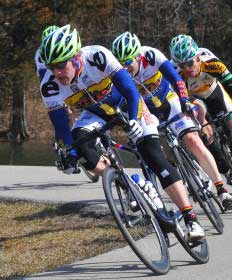
Maintaining Energy Through Nutrition
The body also loses electrolytes during exercise. High concentrations of sodium and chloride are lost through sweat, as well as, lower concentrations of potassium, magnesium and calcium. Electrolytes help maintain fluid balance during physical activity and if deficient can lead to symptoms such as muscle cramps, nausea, dizziness, and fatigue. Muscle cramping, while usually associated with a potassium deficiency, is more likely related to sweating off a large amount of sodium during exercise. Therefore, replacing sodium is extremely important. If the workout is longer than one hour you should try to replace electrolytes. Use one bottle for water and the other for electrolyte replacement. A sports drink in one bottle will help with this. There are commercial electrolyte replacement drinks as well. I currently use E02 EDGE (http://www.mri-performance.com). I’ve also had success with AcceleradeTM (https://www.pacifichealthlabs.com/). Both products replace electrolytes and provide carbohydrates and protein. E02 EDGE also has nitric oxide to improve circulation to muscles and may improve endurance and power. Electrolytes are also found in gels and sports bars (see below) so check the labels of your favorite products. If you are especially prone to muscle cramps I suggest taking an electrolyte supplement such as Endurolyte capsules prior to a long hot ride. I’ve found these to really help prevent cramps on hot humid days. (http://www.hammernutrition.com/products/endurolytes.elt.html).
Now that you understand the importance of hydration and electrolyte supplements let’s talk about fuel. Your body needs fuel to burn while you exercise. This fuel comes from a variety of sources. Carbohydrates are foods that are broken down into sugars (glucose, fructose, galactose) and used as energy or stored. The stored sugars are deposited in muscle or liver in the form of glycogen. Glycogen is the primary source of energy for exercise in the short term. As an exercise session lengthens and depending on intensity the body will also burn fat stores at a ratio between 60/40 carb/fat up to 80/20 carb/fat at high intensity efforts. As stores become depleted on longer or more intense rides (greater than 1hour) protein is used as fuel. This protein is taken from your muscles and needs to be replaced on or after the exercise session.
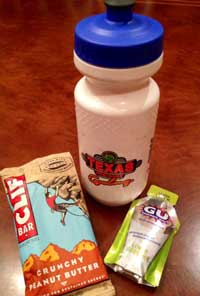
Practically speaking, glycogen stores can be kept high by maintaining a healthy diet with whole grains (but low in wheat products), pasta, fruits and vegetables, as well as lean protein. Having a meal with protein and eating complex carbohydrates will keep you from having a high insulin surge. If your insulin surges and then drops your body will continue to crave more simple carbs and sugars. Prior to a vigorous workout or event you should eat a meal 2 ½ -3 hours prior to allow for your stomach to empty and the nutrients to be absorbed. You want to have a meal that has complex carbohydrates and some protein. I like a breakfast that includes Greek yogurt (21g carbs, 13 g protein) and cottage cheese (6 g carbs, 12 g protein, 470 mg sodium), oatmeal, or alternatively 2 eggs and a bowl of cereal/granola with 2% milk. Eating a high carbohydrate sports bar or a couple of energy gels 30-60 minutes prior to an event will boost your blood glucose to provide immediate energy to your cycling muscles. Researchers at Ohio State University have shown a 12.5% improvement in performance when 40-75 grams of carbohydrates was consumed before a workout.
During exercise, the number of calories expended will depend on your weight and the intensity of your effort. A 150-pound cyclist averaging 14 miles per hour will burn approximately 550 calories per hour. At higher intensity efforts, or if you weigh more, you can plan on burning 700-1000 calories per hour. Calorie calculators are available to estimate what you burn (http://www.bicycling.com/trainingnutrition/ training-fitness/cycling-calories-burned-calculator). Your body can’t tolerate the full caloric replacement during exercise because of a variety of physiologic factors. If you over replace these calories you will only end up feeling bloated or nauseated. Try to replace about half of what you burn on the ride. I try to take in 350-400 calories per hour of exercise during a hard workout and get the rest with my post ride recovery. There are many good sports bar products and we all have our favorites. I like Cliff Bars because they work well in all seasons and are easy to eat and digest. I will try to eat one every hour on the bike. Each bar has 250 calories from carbs (41g), fat (6g), and protein (11g) as well as 240 mg of sodium and potassium. I also bring an ACCEL GEL (100 Cal, 120mg sodium) or GU energy gel (100 Cal, 50mg sodium, 35mg potassium) for each hour on the bike. 2nd Surge Ultra Gel also provides 100mg caffeine that has been shown in studies to delay muscle fatigue and pain at high intensity efforts. Cutting open sports bar packages prior to riding can help you eat safely on the fly during a group ride.
Proper Recovery Is Essential
One of the most important aspects of training is recovery! After a long effort even with the proper on-ride replacement you will be dehydrated and need caloric replacement. Studies have shown this is best accomplished within the first 30 minutes after exercise. You can estimate the calories burned relative to what was replaced on the ride to determine what’s needed. According to endurance coach Chris Carmichael you need about 0.7 grams of carbohydrates per pound of body weight as well as protein to provide essential amino acids needed for muscle repair. This should be at a ratio of 3 to 1 or 4 to 1 carbs to protein. For a 180-pound cyclist this amounts to 126 grams (504 Cal) of carbs and 31 grams (126 Cal) protein. One way to recover is to simply add 4 teaspoons of sugar to a 16 oz. glass of 2% milk or simply drink chocolate milk to get both the needed carbs and protein. Several good commercial brands are available as well.
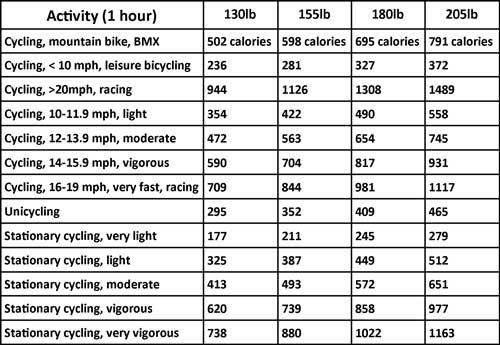
Conclusion
In conclusion, hydration and nutrition play a critical role for successful endurance training, recreational event riding, and racing. If you follow these keys to success you will have safer more enjoyable training rides and better results in endurance events. If you want to take it to another level consider hiring a cycling coach to guide your workouts and help you peak for important events. An excellent coach locally is Curtis Tolson, a multi-time national cycling champion, available through https://www.facebook.com/CurtisTolsonCoaching. Sports performance training is also available through Baptist Sports Medicine at http://www.baptistsportsmedky.com/ for cycling, strength and conditioning, as well as, sport specific training.
Keys to Success:
- Keep your base hydration level up. Drink water throughout the day
- Eat 2 ½ – 3 hours before a big ride or workout.
- Eat carbs 30-60 minutes before workout (one sports bar or gel)
- Drink one bottle (20 oz.) water per hour during exercise. More if it’s hot or your workout is vigorous.
- Electrolyte supplement in one bottle of fluid ( E02 EDGE, Gatorade, or other sports drink, AcceleradeTM)) or from gels or bars.
- Replace 300-400 Cal per hour with bars, fluids, gels, or real food like Fig Newton’s, a banana, or my favorite, a peanut butter and jelly sandwich!
- Consume a 16 oz. recovery drink within 30 minutes of exercise with a 4:1 carb to protein ratio. Chocolate milk will work!
- Each pound lost during exercise is replaced with 20-24 oz. fluid post ride.
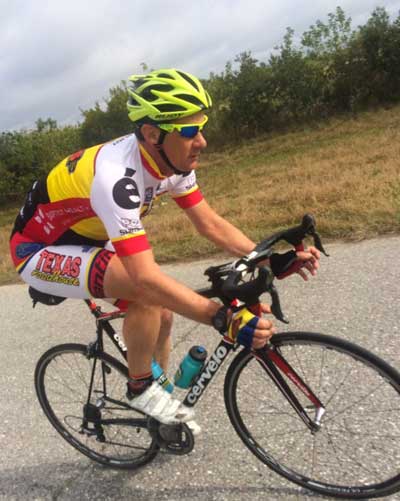 Curtis Tolson leading a training clinic.
Curtis Tolson leading a training clinic.



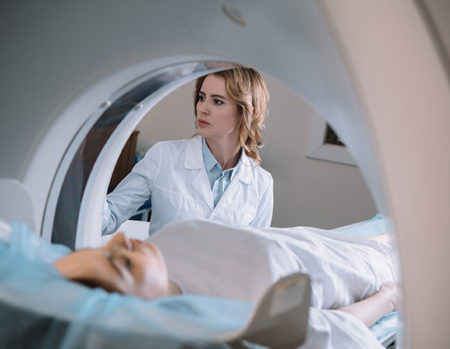 Our patients can receive MRI imaging onsite at both our Louisville and New Albany Clinics.
Our patients can receive MRI imaging onsite at both our Louisville and New Albany Clinics.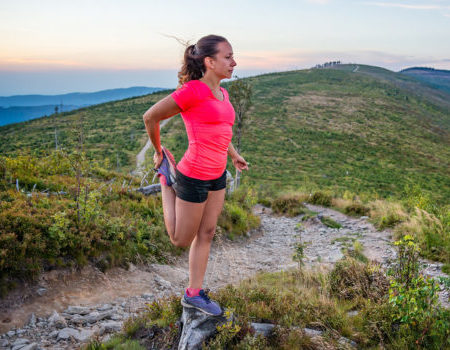 Providing the latest advances in orthopedic surgery is our specialty.
Providing the latest advances in orthopedic surgery is our specialty.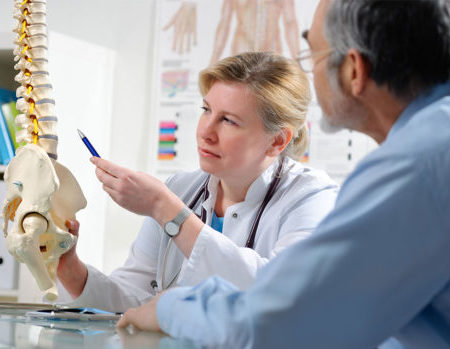 We take a unique, multidisciplinary approach to pain management.
We take a unique, multidisciplinary approach to pain management.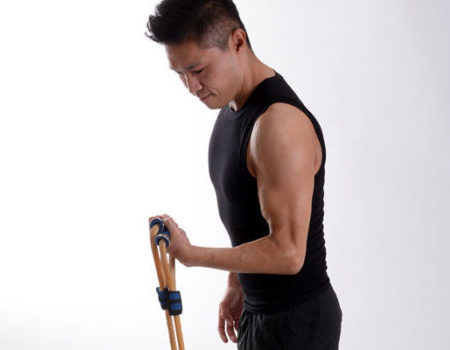 Our physical therapists use advanced techniques to help restore strength and mobility.
Our physical therapists use advanced techniques to help restore strength and mobility. 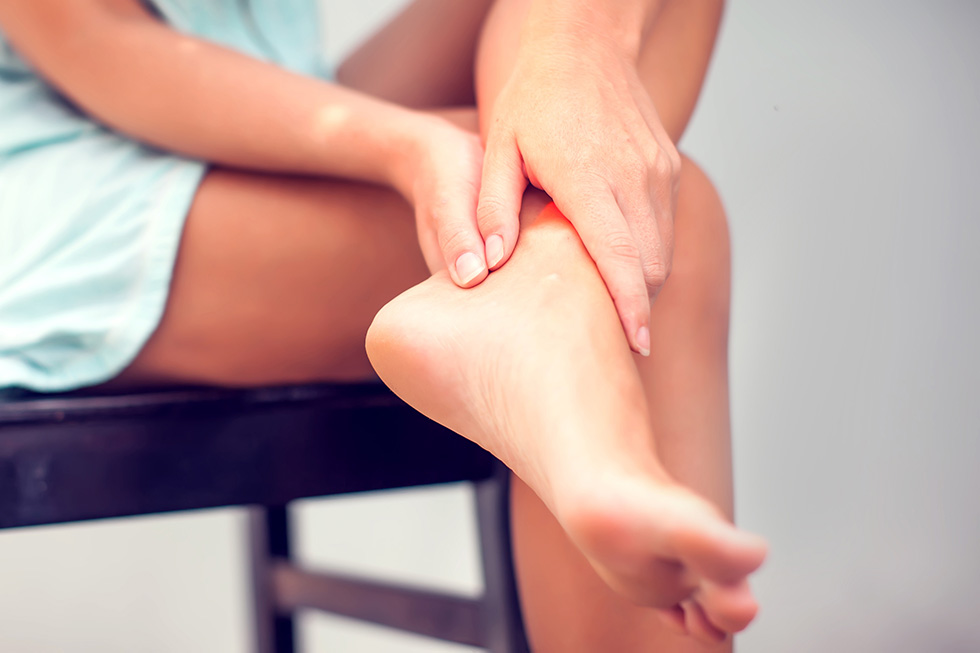 We provide comprehensive, conservative care for a wide variety of foot and ankle conditions.
We provide comprehensive, conservative care for a wide variety of foot and ankle conditions.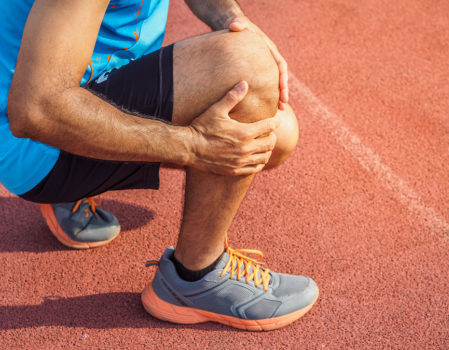 We offer same- and next-day care to patients with acute injuries.
We offer same- and next-day care to patients with acute injuries.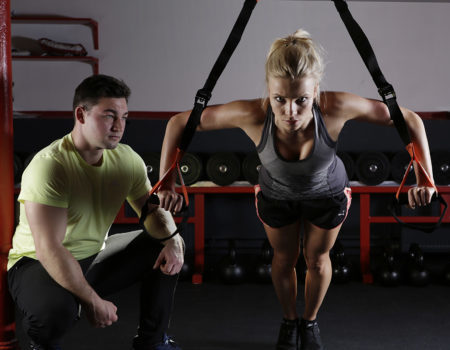 Get back in the game with help from our sports medicine specialists.
Get back in the game with help from our sports medicine specialists. 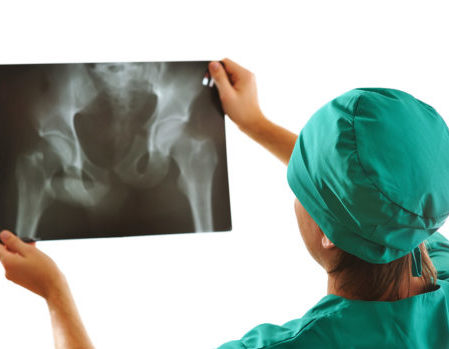 Our centers are equipped with a state-of-the-art digital X-ray machine.
Our centers are equipped with a state-of-the-art digital X-ray machine.